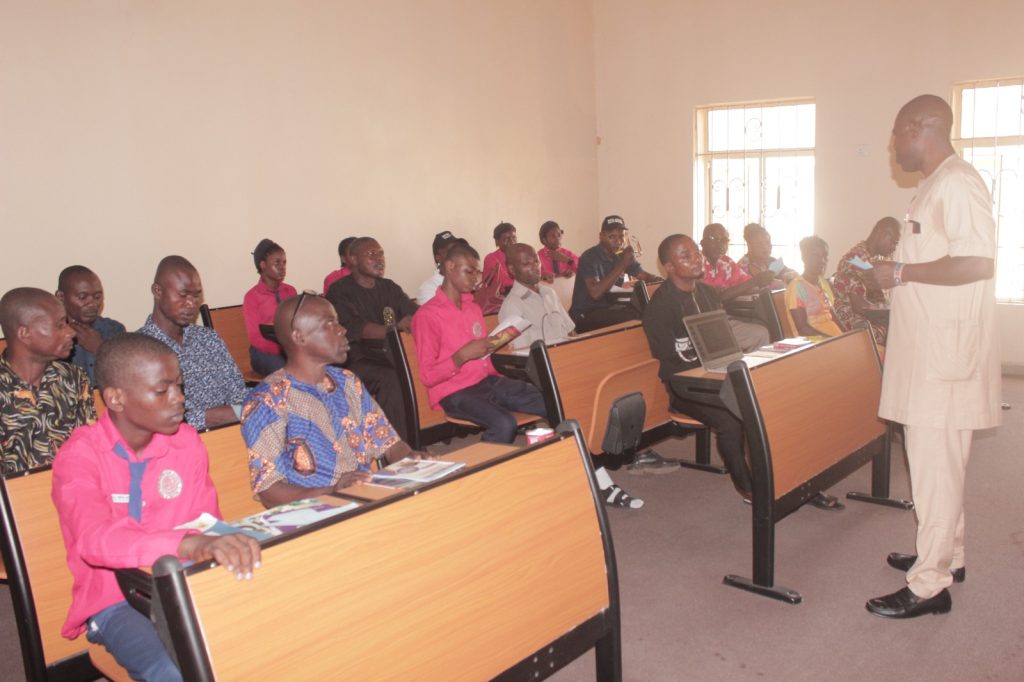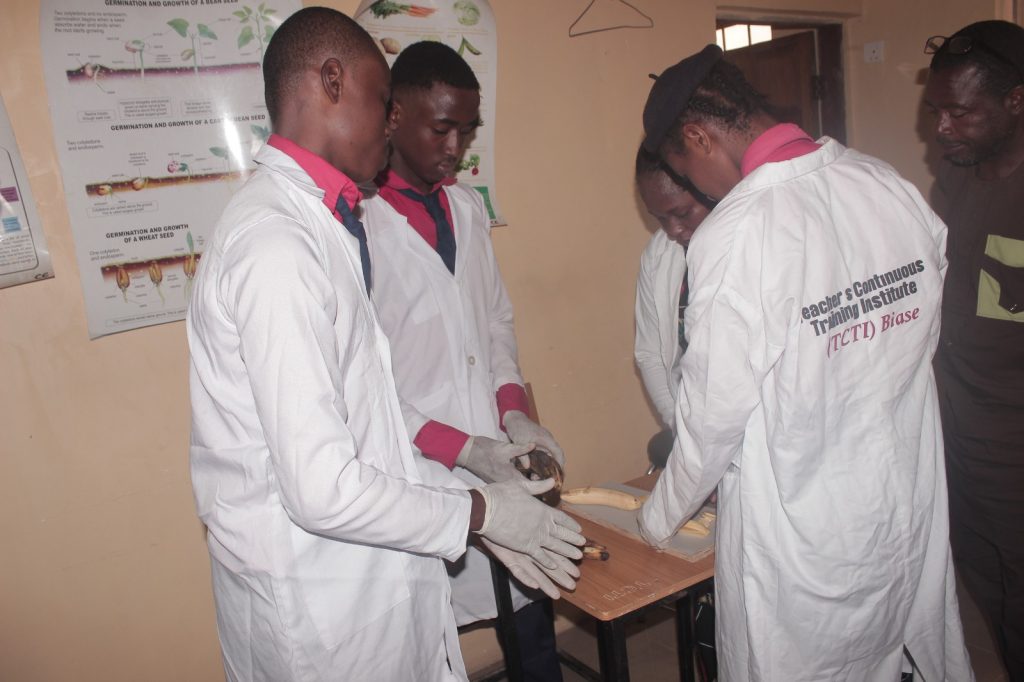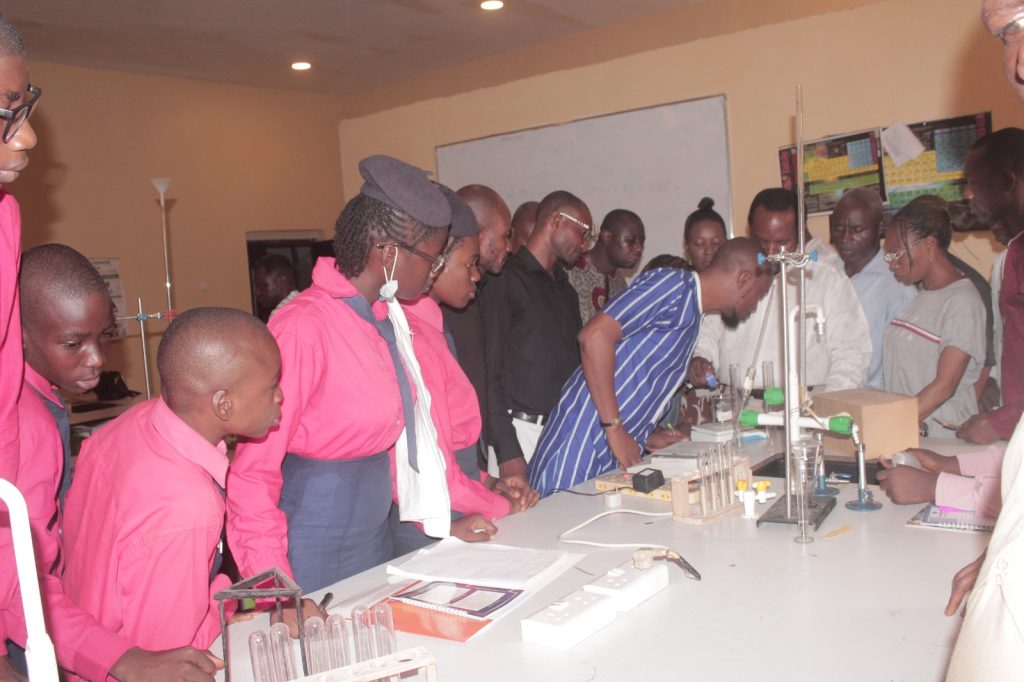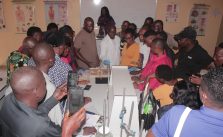By Eugene Upah
The Teachers Continuous Training Institute (TCTI), Biase – Cross River State, has successfully conducted a two-day skill acquisition training, enhancing the capacity of 150 Mathematics and Science teachers in select secondary schools drawn from the three senatorial districts of the state.
The intensive residential workshop on “Innovative Approaches in Teaching Mathematics and Science Subjects in Secondary Schools” took place from March 27-28, 2025. The workshop aims to enhance secondary school teachers’ proficiency in mathematics and science by introducing them to cutting-edge teaching practices and strategies.
In his opening remarks, Director-General of the Institute, Professor Taoheed Adedoja, represented by the Deputy Director-General Mrs Mary Omaji, emphasized the TCTI’s dedication to providing continuing professional development opportunities for teachers, ultimately enhancing their classroom performance.
Professor Adedoja assured trainees of the state government’s commitment to delivering a satisfying experience to teachers retraining. He noted that the educational sector is rapidly shifting towards skills acquisition and digital science literacy, encouraging participants to approach the training with utmost seriousness.
Read Also: Wike, Fubara fight is about money sharing – Amaechi
“The Cross River State government is doing a lot to ensure that our children are not left behind in getting the best education through retraining of teachers for the classroom task.
“We encourage you all to return home and make teaching and learning an enjoyable experience for your students. Technology has transformed every aspect of human life, making it easier to acquire new skills. We implore you to apply the knowledge you’ve gained in mathematics and science to develop entrepreneurial skills in our secondary schools”, he said.
The TCTI DG, using a humorous example to illustrate the dangers of ignorance, urged teachers to prioritize learning new methods in their respective fields. He admonished participants to refine their classroom techniques, fostering scientific curiosity and a thirst for knowledge in their students.
Reacting to the workshop, Mr. Mavis Mba, a secondary school teacher from Government Science School in Etung LGA, praised the workshop for providing hands-on, interactive training that equipped teachers with effective practical strategies for immediate classroom implementation. He highlighted sessions like ‘Critical Rationale for Innovation in Teaching Mathematics’ and ‘Individualized Teaching Using Computer-Assisted Instruction (CAI)’ as particularly valuable, offering actionable methods that blended theory and practice for secondary school educators. “I’d like to express gratitude to the workshop organizers, the resource persons and the governor of Cross River State for introducing these innovative approaches,” he asserted.
Mr. Igbolor Stephen, a teacher from Government Science School in Ishribori-Ogoja LGA, said the training is a commendable initiative. He praised the TCTI, noting its high informative value.
“We’ve gained insights into innovative teaching methods for physics topics like mechanics, optics, waves, electricity, magnetism and modern physics.
“Effective physics teaching in secondary schools requires diverse methods, including Inquiry-Based Learning. This approach encourages students to ask questions, explore concepts through experiments that guide investigations.”
Another participant, Mr. Egbe Idaka from Government Science School in Akamkpa LGA further emphasized the workshp’s significance, calling it a cornerstone to Nigeria’s education system. According to Teacher Idaka: “This seminar has reinforced the importance of positive feedback in STEM education. Research has shown that specific, encouraging comments like ‘Great job catching that mistake’ or ‘I’ve noticed your mastery of this skill’ significantly boost student confidence.’ He underscored the essential role of STEM education in preparing students for the demands of the 21st century.
The training exercise reinforced the significance of ongoing professional development for educators and the need to integrate contemporary teaching methods to meet dynamic educational standards of the 21st century.
Building on the success of previous workshops which trained 100 primary school English teachers in October 2024 and 150 administrators on WAEC’s CBT migration in February 2025, this training for 150 secondary school mathematics and science teachers marks the next phase in a sustained initiative to enhance educational excellence within the state’s and nation’s educational systems.



